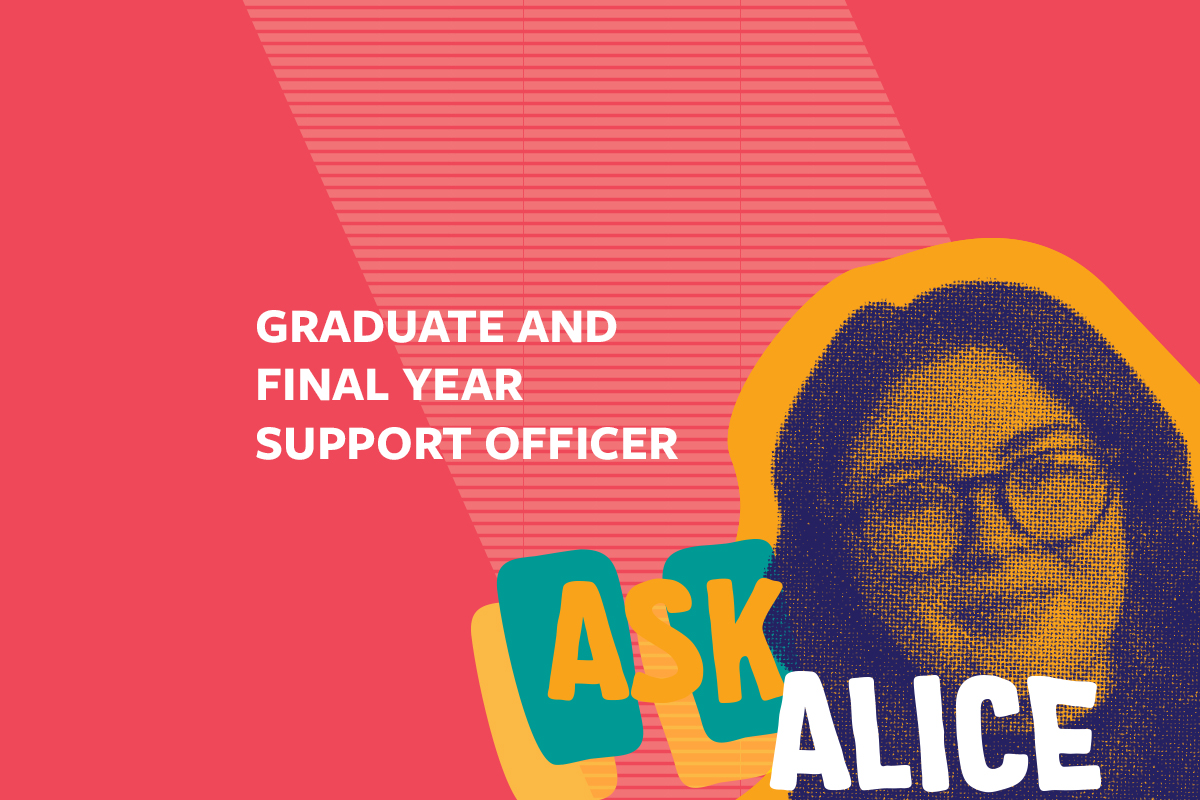
Hi Alice,
I’m thinking of resigning from my grad program and starting work through a nursing agency for flexibility. Good idea? Bad idea?
– Joni.
Hi Joni,
I won’t say leaving your grad program is necessarily a bad idea, as this always depends upon someone’s situation. But I would like to offer some thoughts for you to consider.
A grad program is highly recommended. A full 12 months with a health service in a supportive program should offer you the chance to consolidate the skills required to work safely with confidence and competence, and build a strong foundation to thrive in your career.
Resigning from a supported program where you (presumably) have access to study days, preceptors, clinical support staff and a grad program coordinator – in addition to the support of your direct line manager, fellow grads and a team to build rapport with – would be a challenge.
While an agency role may offer flexibility, every shift will come with competing challenges: different patients, different procedures, different hospital protocols and policies just to name a few.
Granted when you first start as a grad everything is new but jumping from hospital to hospital through different wards while you’re still in the first year of your nursing may be a little too much
too soon.
Also, successfully completing a grad program in 2022 is no mean feat! You have worked so hard and come so far, you owe it to yourself to see it through. If you can get through this year, you can get through anything. That certificate you’ll receive at the end deserves to be proudly framed and on display in the pool room.
Hi Alice,
I’m an international student and have just been offered two different jobs for a grad year (as I don’t have to go through the PMCV/computer match job process). One job is in an area
I’m really interested in at a private hospital; the other is in the public sector and I will be able to put preferences in for rotations. Do you have any advice?
– Alina
Hi Alina,
Firstly congratulations! It’s a lovely problem to have, multiple job offers.
I recommend reviewing what each grad program is offering and can guarantee in terms of support for your transition to clinical practice. Do both organisations offer clinical support educators for grads? On-the-floor preceptors? Study days? Dedicated graduate program coordinator?
Another thing to consider is that wages and conditions for your workplace are set out in a specific enterprise bargaining agreement (EBA).
The public sector has an EBA, and each private sector employer has their own different EBA. It is the public sector EBA campaigns that set the wages benchmark for private hospitals.
ANMF negotiate these EBAs about every four years. It is usually critical to the success of these negotiations that ANMF members campaign to improve the outcome by participating in meetings, rallies and on occasion industrial action.
What does all this mean? Your wages, benefits and entitlements may differ depending on where you choose to work. For example, the public sector EBA offers paid parental leave for the primary carer after six months of continuous service. Many private sector EBAs offer it after a minimum of 12 months continuous service.
I suggest reviewing both organisation’s EBAs and making aninformed choice on what suits you best.
The first 12 months of your incredible (and hopefully long) nursing career are all about consolidating your skills and building your confidence and competence to successfully transition to clinical practice. Having the right support is often more beneficial for grads than working in a particular speciality. Nursing is so diverse; you will have boundless opportunities to explore.
Hi Alice,
I’m due to finish my grad program in January. I’m on a fixed-term contract. What does that mean exactly? Can I stay on my current ward?
– Anon
Hi there,
Congratulations on surviving and hopefully thriving out there, and thanks for the great question.
Anyone on a fixed-term contract is employed for a specific period of time only. In your case, a 12-month contract that ends after the 12 months. Normally this will be outlined with end dates
included in your contract.
As you may have guessed, you are not employed in an ongoing capacity when you’re on a fixed-term contract, so you’ll need to think about your next steps. If you’d like to stay on your current ward and continue to consolidate, you will need to enquire whether there are any positions available and if so, go through your employer job application process (have a chat to your manager and review your organisation’s career page).
It’s also a good idea to see what else is out there. Many organisations offer ‘transition to practice programs’ where you continue to receive added clinical support while you try a new speciality.
With your grad program complete and 12 months experience gained, the world is your oyster. How exciting! We’re cheering you on from the sidelines.




